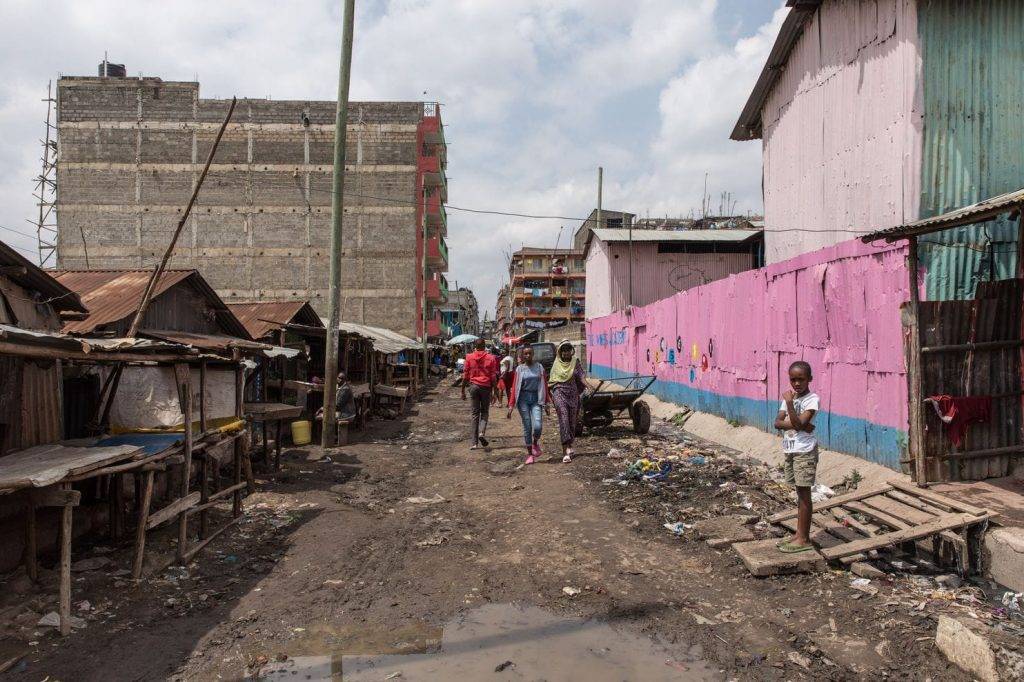The case of 13-year-old Sarah Momanyi being unable to travel abroad because she does not have a proper birth certificate forms part of the situation of 35 percent of Kenyans.
However, being a chess champion and scheduled for international competitions soon, this bureaucracy could be doing her more damage than it presently appears to be causing.
For her age bracket, Sarah has won national chess championships two years running. Her performance has attracted invitations for continental and even global championships to places such as China and with this year’s African Youth Chess Championship in Namibia just a few months away, her chances of being able to attend and compete are running slimmer.
But Sarah hopes to be able to bring some positive energy to the slum where she lives in Mukuru kwa Njenga, in Kenya’s capital, Nairobi.
The Washington Post reports that the slum she lives in is notorious for making headlines for such things as cholera outbreaks, gang battles, prostitution rings and the city government’s constant threats to raze it.
In Kenya, to get a birth certificate, a person needs to produce the slip from the hospital from where that person is born but just like Sarah, and many Kenyans born in slum communities, they were born at home.
One way of getting her regularized and eligible for the certificate would be for her grandmother to either adopt her, or go through the more strenuous and frustrating process of proving to the authorities that Sarah is her daughter’s child.
With Kenya operating a stifling and tightly bureaucratic system for procuring such pertinent documents, Sarah would have to wait a little longer since, at the moment, she can’t access almost any public services, let alone procure a passport.

The Washington Post reports that Sarah has already had a tough life even for a girl her age. Living with her grandmother, Christine Kibagendi, whose own daughter (Sarah’s mother) is a drunkard with severe tuberculosis, Sarah’s parents have been absent from her life.
Her grandmother took her in several years back after her alcoholic mother tried to sell her as an infant. Her father has been nowhere to be found since day one.

Mukuru is a tough place to be raised in. Built on a wasteland between two industrial zones, the community is lined on every alleyway by two open gutters. Thugs and street urchins pretty much have the run of the place. But Sarah has managed to keep her head, displaying early genius when most people her age were far too willing to sign up for the street life.
“I am trying my best to figure out how to get her papers in order so that she can go different places,” said Kibagendi to The Washington Post. She occasionally sells curios (unusual objects of arts) to make ends meet. This was how she was able to fashion Sarah’s first chessboard out of discarded soapstone from nearby stalls.

According to The Lily, Sarah has known, just like her grandmother, that the opportunity to compete at the global levels in chess – a game she has become so good at, even beating all the boys who doubted her, could help her support her aging grandmother, inspire her community and perhaps most immediately on her mind, be her ticket to seeing the world beyond Mukuru, and beyond Kenya.
In the meantime, it would take a miracle or a special breakthrough for her to beat the system with the informal birth certificate she currently has, to procure her passport. Besides. the charity sponsoring Sarah’s education fears her future is in trouble since their support for her will end soon – right before she enters secondary school – which is far more expensive.










